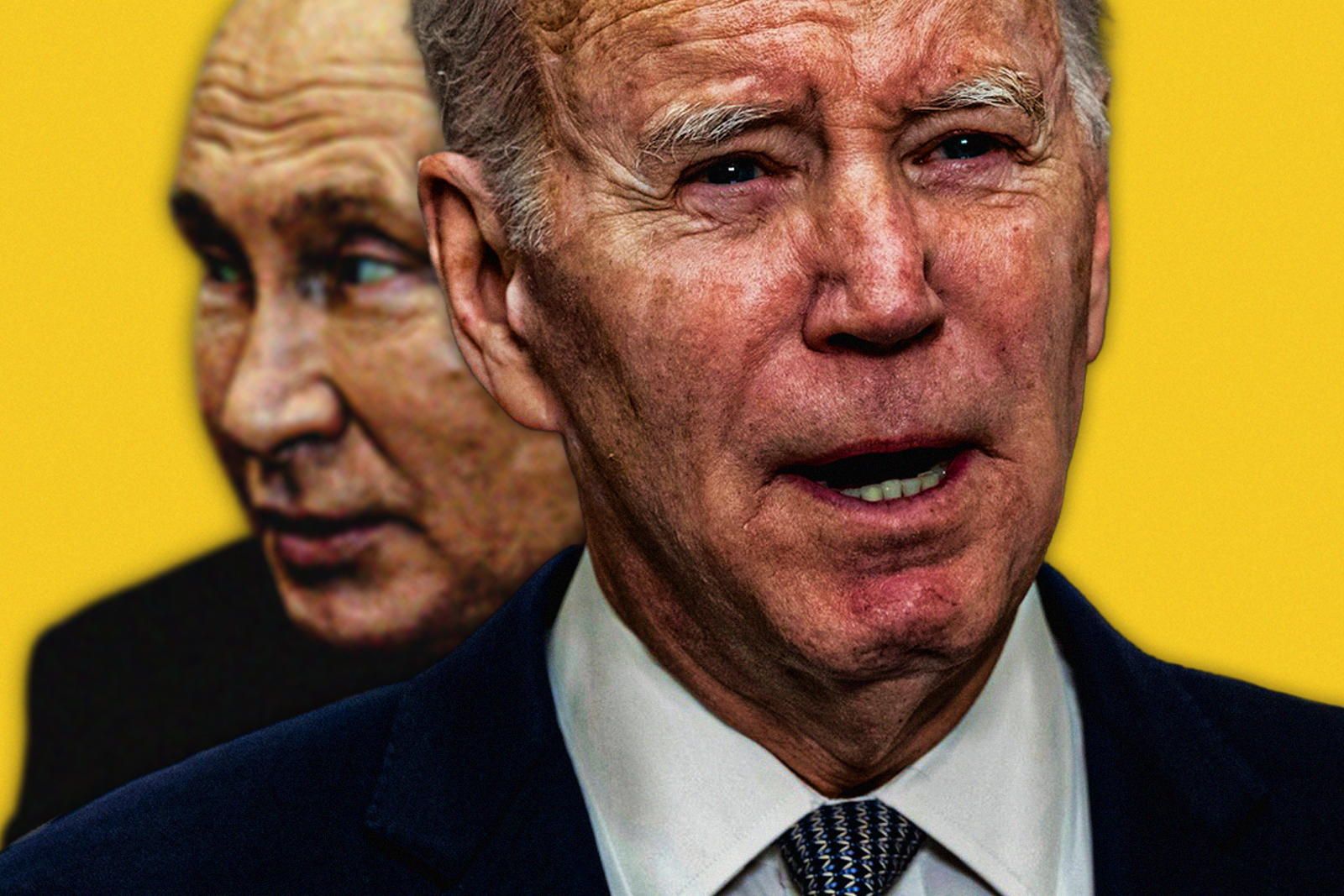
Steering the U.S. and Russia Toward Nuclear Stability
The shadow of a nuclear arms race is casting once again over the globe, with the United States and Russia at its epicenter. The suspension of the New START Treaty by Russia in February, coupled with their recent exit from the Comprehensive Nuclear Test Ban Treaty, has rekindled Cold War-era nightmares of nuclear armageddon. Without the framework of nuclear agreements, one is haunted by the iconic and disquieting visuals of bomb shelters, duck-and-cover drills, and gas masks.
Following Russia’s suspension of the New START Treaty, the United States’ response was conspicuously absent. The treaty’s future hangs in a precarious balance, and the longer the United States withholds a decisive response, the further the credibility of nuclear arms agreements deteriorates. The United States must underscore the treaty’s importance through bilateral dialogues with Russian counterparts. Such a step could reinvigorate diplomatic relations and significantly mitigate the threat of an arms race and the specter of war.
On February 21, Russian President Vladimir Putin proclaimed Russia’s pause in its commitment to nuclear agreements. Although this hiatus contravenes the New START Treaty, U.S. President Joe Biden has not yet issued a formal denunciation. Beyond this non-response, the United States has continued to provide Russia with nuclear arsenal information and has kept its doors open to inspections. While this approach may reduce the likelihood of a nuclear arms race, it does not compel Russia to shift its stance and ameliorate global tensions.
The United States occupies a central role as a leader in global nuclear arms control and nonproliferation. A resolute response to the infraction of the New START Treaty would demonstrate America’s commitment to preventing an arms race, maintaining diplomatic ties with Russia, and safeguarding global stability.
The initiation of one-on-one dialogues between national leaders would mark a significant step in rebuilding bridges. Elevated diplomatic communication reflects a genuine commitment to preserving workable relations. Even though tensions are heightened due to the ongoing war in Ukraine, the lack of nuclear agreements poses a risk to global safety. The value of traditional dialogues cannot be underestimated, nor can we preemptively discount Putin’s willingness to engage in conversation. This course of action enables President Biden to engage Russia in constructive, direct diplomacy.
Moreover, this straightforward and prompt approach could also curtail the likelihood of a nuclear arms race. While Russia claims to be adhering to the treaty’s conditions, the absence of a functional treaty means compliance cannot be verified. The longer the uncertainty regarding nuclear capabilities continues, the more inclined both nations might become to escalate weapons production for their national security.
On a conclusive note, this diplomatic strategy could conserve time and resources by avoiding the need for a new treaty. Certain American political figures advocate for the United States to pull out from the New START Treaty in favor of negotiating a new agreement more beneficial to the U.S. The issue with this strategy is that crafting new international agreements is a multi-year endeavor. Upholding or renegotiating the current treaty offers an immediate solution.
There is a belief among some that diplomatic dialogues with Putin would be futile and that one-on-one discussions would not ensure Russian compliance. Yet, the primary objective of these leader-to-leader conversations would be to reaffirm the importance of the agreement. The very act of initiating dialogue with Russia amidst heightened tensions could improve the prospects for a swift and peaceful resolution.
A reaffirmation of commitment to the New START Treaty would alleviate concerns over a nascent arms race and the looming threat of nuclear warfare. Direct talks between the two leaders have the potential to uphold our nuclear weapons treaty and foster a constructive diplomatic dialogue between Russia and the United States. Let us move past the Cold War fears from decades past, and move toward a world of stability and peace.

